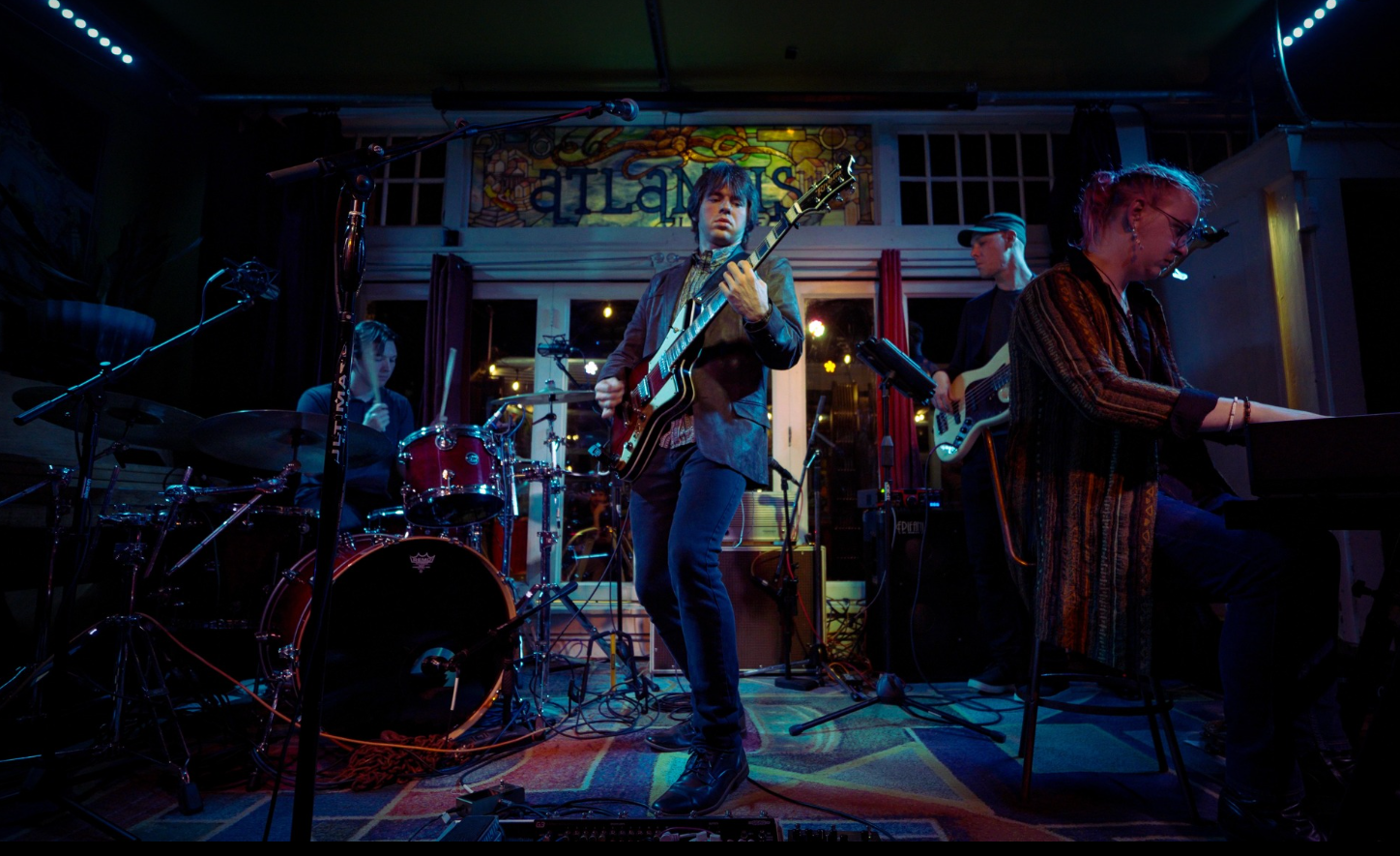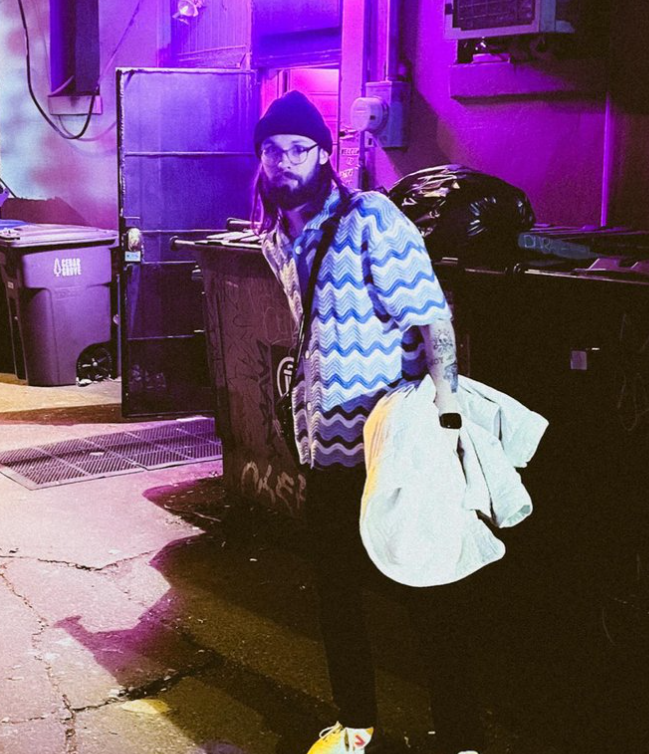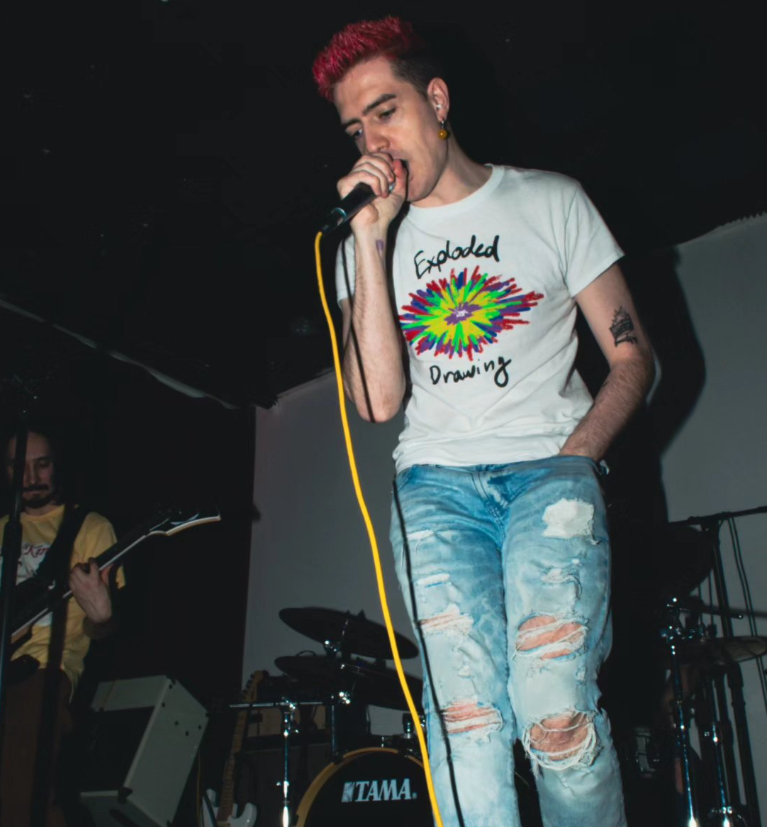
I help rock, heavy & alt pop bands make impactful songs.
Recording | Mixing | Mastering // Seattle, WA
Is Tyler the producer/mixer for me??
Let’s take a guess—you’ve been on your grind, putting everything into your music. You want a record that sounds modern, edgy and hard hitting, but still captures the unique identity of your band.
Maybe you scrimped and saved to record at a huge-AF studio where (insert famous rock icon) recorded, but somehow left with an end result that sounded like a 1960’s production.
Perhaps your last producer pushed things in the wrong direction—e.g. they went too far with auto-tuning and drum sampling, when you wanted a record that felt natural.
Or, maybe you’ve tried recording/mixing yourself with “pretty good” results, but in your gut you know there’s a gap between how your tracks sound and how your favorite bands sound.
You need someone who gets you, and can help guide you to create the sound in your head. If ANY of this sounds like you, it is very likely Tyler can help.
What We Do
Song Refinement
Your lyrics, riffs and melodies should stand on their own, and we can’t hit record without them being truly great! We’ll make sure your song flows smoothly from top to bottom, and there are no weak links in any word or note.
Full Production
Time to build the sonic foundation and tracks of the song! At our private studio, we’ll dial up sick tones YOU love and capture the perfect vibe. We will coach you along the way to make sure you’re performing to your full potential!
Final Mixing and Mastering
We’ll blend raw tracks together into a finished song that lives and breathes, bursting with energy. Finally, we’ll make sure that mix translates to all playback systems and stands up next to every other commercial release.
What Do People Say?
Artist Feature: How defining WINEHOUSE’s sound led to over 3 million streams

















